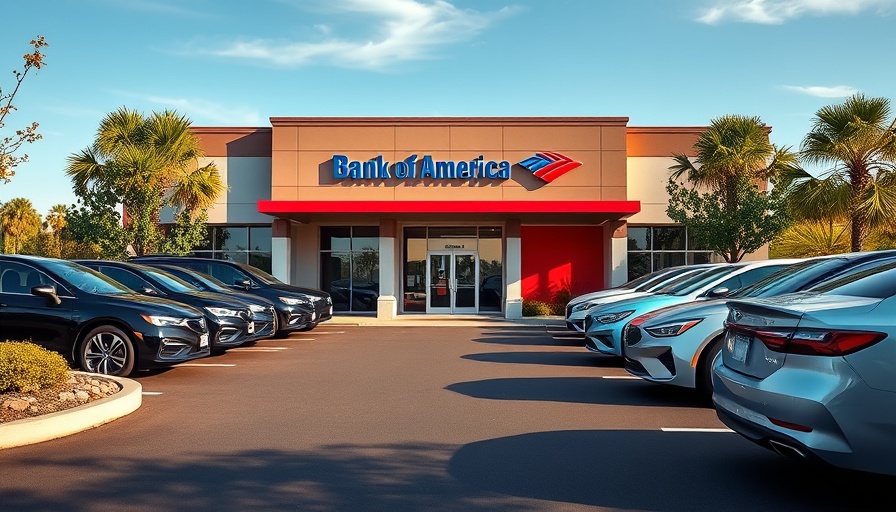
Weathering the Storm: The Resilience of Auto Dealerships
The auto industry has faced numerous challenges over the decades, from economic recessions to unexpected policy changes. Recently, the announcement of tariffs on imported vehicles and parts has raised concerns among dealership owners about their profitability. However, the history of auto retail is one of remarkable consistency and resilience. For over three decades, dealerships have maintained robust pre-tax margins, a testament to their ability to navigate the toughest of times.
Lessons from History: Consistency in Uncertain Times
Looking back at the period from 1984 to 2019, dealerships averaged a pre-tax margin of 2-3%, with the unique circumstance of the COVID-19 pandemic elevating margins to 5-10%. This historical perspective provides a sense of comfort in turbulent times, reinforcing the notion that auto dealers are adept at adjusting their strategies in response to both short-term shocks, like supply chain disruptions, and long-term trends, such as shifting consumer preferences.
The Auto Dealership Business Model: Flexibility at Its Core
Auto dealerships are inherently flexible, operating multiple business lines under one roof — from new and used vehicle sales to service and financing. This diverse income structure allows dealerships to pivot quickly in response to market fluctuations. Furthermore, many dealerships are family-owned and embedded in their communities, giving them a unique advantage in understanding and responding to local needs.
A Deep Dive: Insights from Senator Bernie Moreno
In an insightful interview, Senator Bernie Moreno, an accomplished auto dealer turned politician, shared his views on the current climate affecting auto dealerships. Moreno, whose background offers a unique perspective on the implications of tariffs and market dynamics, emphasizes the need for legislation that supports both consumers and manufacturers. He has also proposed eliminating certain EV sales requirements, which could uplift sales for traditional combustion engine vehicles — an essential segment of the market as it adjusts to rising EV trends.
Addressing Financial Concerns: Navigating Car Loans
With changing economic conditions, understanding vehicle financing is more crucial than ever for both dealerships and consumers. Upsurging interest rates directly impact used car loan rates, affecting the average cost consumers will incur when financing a used vehicle. It's essential to stay informed about these fluctuations. Dealers can assist customers in navigating these waters, ensuring they secure reasonable financing options while maintaining profitability.
Empowering Your Dealership: Practical Insights and Tips
Dealerships should prioritize building robust relationships with local banks and financing institutions to ensure they have access to the best used car financing rates. Implement tools such as used car loan calculators that enable customers to understand their financing options better. Highlighting these resources not only improves customer experience but also fosters trust and loyalty.
Final Reflections: Adapting for the Future
In closing, though uncertain economic shifts and new tariffs may pose challenges, the auto dealership sector has the historical backbone and adaptability to persevere. By learning from the past, leveraging community ties, and integrating flexible business practices, dealerships can cement their presence in the market. As the industry evolves with technological advancements in financing and consumer expectations, staying informed and adaptable will be paramount for continued success.
 Add Row
Add Row  Add
Add 




Write A Comment